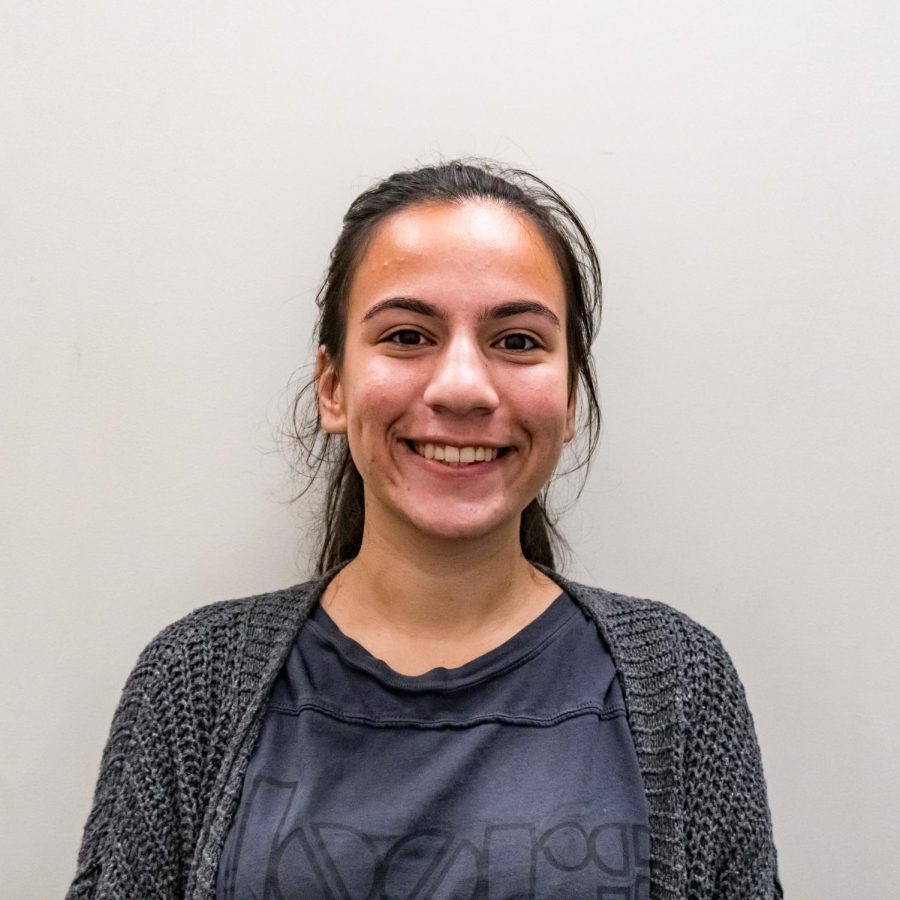Foreign Language Placement Exams Need Fine-Tuning
The foreign language placement exams don’t do a thorough job of measuring proficiency.
September 28, 2018
Placement exams are an amorphous thing to first-years. Should I study? Should I care if I get placed in a low level of my desired subject? If I get placed in a low level, will that prevent me from having the space to take other coursework that interests me? These fears are unreasonable and often exaggerated. However, foreign language placement exams at NYU have a few caveats that cause more anxiety than the common fear of lacking proficiency. Based on my personal experience, I can say that the NYU language placement exam for Russian failed to comprehensively gauge my language fluency and all tests — including the one I took — must be revised into something that accurately places students in the correct class.
This past summer, I decided I should take Russian during my first semester at NYU. My mother has been speaking Russian with my sister and I since we first developed the ability to speak, and I still consider myself to be fairly fluent in the language. My ego was boosted when I took the online placement exam because it told me I would be able to take Intermediate Russian I. In that moment, this seemed like something of a compliment. Even my mother was proud of me, though she admitted to being somewhat surprised. I wasn’t offended by her surprise because I was surprised too. The test was comprised of mostly multiple choice questions evaluating reading comprehension. While there was a section testing basic grammar, the answers were easy to guess since they were formatted as multiple choice as well. There was also no writing component to placement exam.
During Welcome Week, I spoke to my adviser and asked her if I had to take any additional in-person placement exams for Russian language. She said no because I had already been enrolled in a class. Something in my gut told me this was wrong — after all, the test had not assessed my writing ability in the slightest — but I didn’t want to be evaluated yet again. So, I went with it.
We did not do much writing in my first Russian class. I felt comfortable. I could converse and read at the same level as the other students. I was overwhelmed with the amount of homework which was assigned in writing and grammar, but I have always been one to believe that hard work can get you far, which is what I kept telling myself.
That weekend, however, I sat in Bobst for about four hours and did not manage to finish any of my Russian homework.
On Monday, my Russian professor pulled me aside and told me that a class for heritage speakers — people who speak at home — would be more suitable for me. It would not be better or worse, just more appropriate for someone of my background. Of course, she was right. I went and spoke to a faculty member within the Russian department to switch classes. When I told her my situation, she rolled her eyes, understandably exasperated — not with me but with the frequency of the situation. She explained that NYU’s foreign placement exams are often inaccurate when it comes to placing students correctly and then expressed her sympathy to me. It became clear to me that I’m far from being a special case.
Unfortunately for me, the heritage speaker class conflicted with another course I am enrolled in, so I had to choose an entirely new class and start from scratch after missing the first two weeks of recitation and lecture.
I had done everything I needed to do prior to the start of the semester but still had to go through this extremely stressful and unwarranted process of last-minute switching. Worst of all, I felt like this nuisance of a situation could have very easily been avoided with a placement exam that actually did what it was supposed to do: base my level of proficiency of Russian in both speaking and grammar. Had the placement exam provided more accurate results, I would have saved myself two weeks of unproductive work and a waning self-image. Foreign language department, please take note.
Opinions expressed on the editorial pages are not necessarily those of WSN, and our publication of opinions is not an endorsement of them.
Email Sima Doctoroff at [email protected]


























































































































































